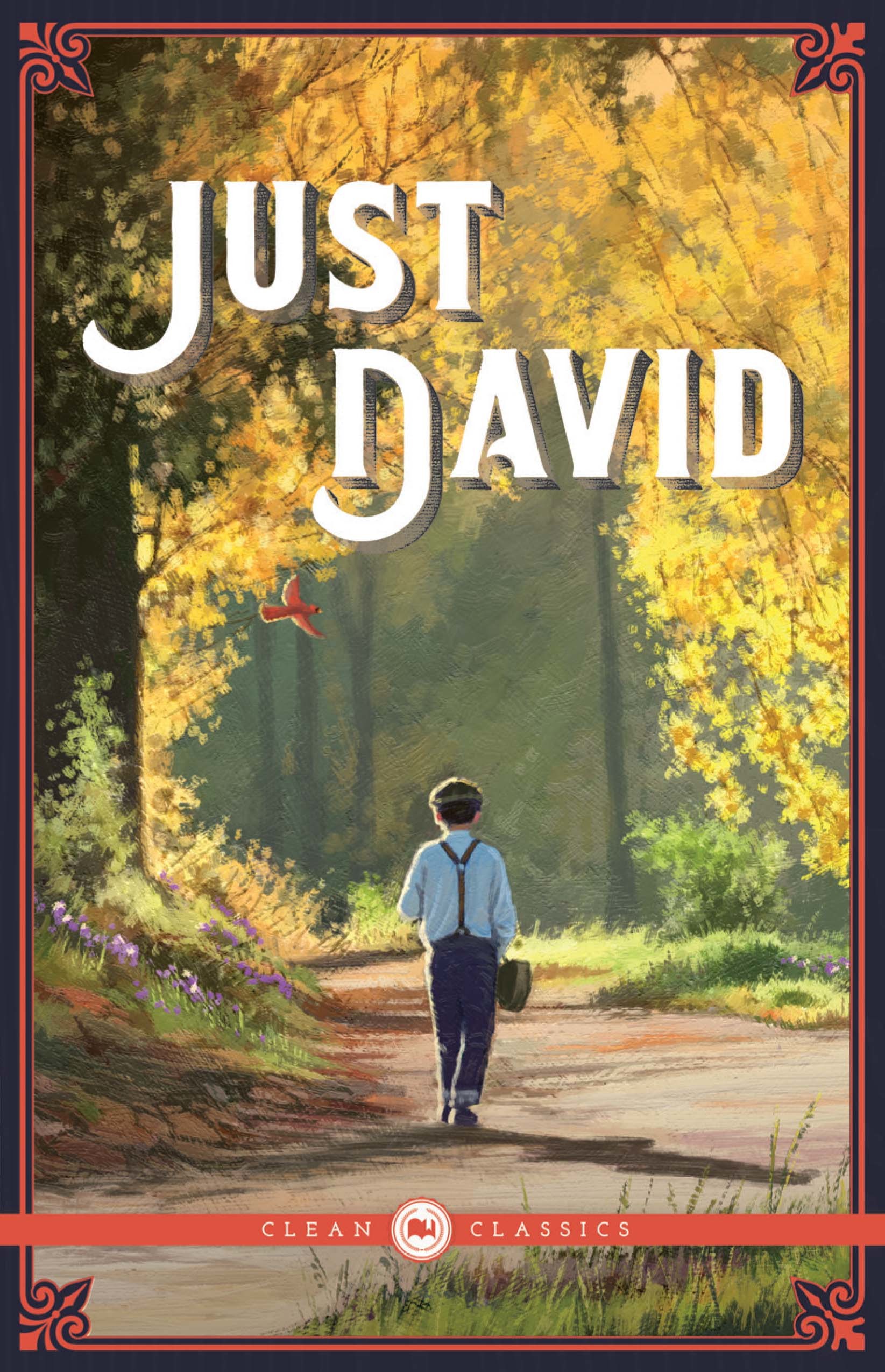David to the Rescue
byDavid to the Rescue begins with a moment of quiet, where David, usually comforted by nature and the stars, finds himself instead immersed in the tension and sorrow clouding the Holly farmhouse. The tale of the princess and the pauper lingers in his mind, but its whimsy is overtaken by the real-life story unfolding in front of him. He hears whispers of unpaid debts and sees the anguish in Mrs. Holly’s tear-streaked face. For the first time, he feels the weight of adult worries—mortgages, banks, and the fear of losing one’s home. As Mr. Holly rants bitterly and refuses help from an estranged relative, David senses their pride and pain colliding. Although the concepts are new, the feeling is not. He knows what it means to fear loss, even if the terms are unfamiliar. In that silence, David’s compassion deepens, not through fantasy, but through love and action.
Perry Larson becomes the quiet bridge between confusion and clarity for David, explaining that the problem isn’t illness or danger—but money. A thousand dollars separates the Hollys from ruin. For someone like David, raised on music and simplicity, this measure of value feels odd. But then, memory stirs. He recalls his father’s parting gift—a small fortune in gold coins, once dismissed as trinkets of little use. At that moment, David sees those coins not as relics, but as keys. He doesn’t hesitate. His decision to give away what is arguably his inheritance does not come from calculation—it rises from gratitude, empathy, and a pure desire to help. The moment redefines value: no longer measured by possession, but by the impact one can make through generosity.
Mr. Holly is startled, even offended, by the boy’s offer. Pride grips him at first. Accepting help, especially from a child, feels like a failure. But David’s sincerity is undeniable. He doesn’t just offer coins—he offers trust, love, and a future anchored to this family. It’s not a handout; it’s a hand held out in faith. Perry’s suggestion of treating the gift as a loan softens the resistance, presenting it not as charity but as mutual support. The money could not only save the home but ensure David receives a life and education worthy of his father’s vision. Mr. Holly finds himself torn—not by greed or desperation, but by the ethical weight of accepting such a gift from someone so young.
What unfolds isn’t merely a financial transaction—it’s a turning point. David becomes more than a guest or a child in need of care. He becomes a provider, a guardian in his own right, reshaping the roles within the household. The depth of his action forces everyone to look at him anew, not just as a boy with a violin, but as someone who chooses to love others above his own gain. In that choice, David steps into a maturity few adults reach, not by years but by spirit. His selflessness holds a mirror to the Hollys’ pain, reminding them that love is not always about shielding others from hardship, but about standing beside them with open hands.
The chapter closes with a quiet resolve. No dramatic proclamations are made. There is no celebration, only the stillness that follows a moment of profound change. David’s music isn’t played that night, but his act of compassion sings a louder tune. In giving up his gold, he preserves not just a house, but a family’s dignity and unity. The lesson he unknowingly teaches is this: true wealth lies not in holding on but in lifting others up when they’re about to fall. His gift may have come from coins, but its value rests in hearts reshaped by love.
Such moments leave lasting impressions, not just on the characters in the story but on the reader as well. They reveal how children, unburdened by cynicism, can sometimes see more clearly what really matters. In David’s world, rescue doesn’t come with heroics—it comes quietly, through the courage to give everything without asking anything in return. This chapter stands as a tribute to how innocence, when paired with action, becomes the most powerful force for change.

